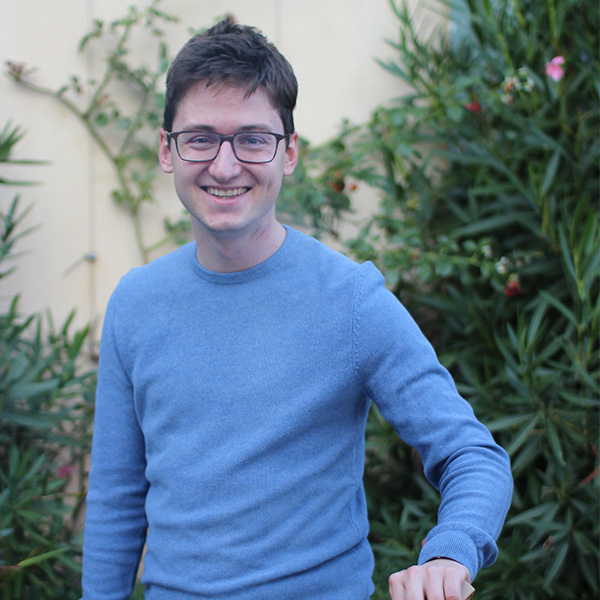My Name is Alexander, i am 24 years old and I am studying Protestant Theology. My Church is the Evangelical-Lutheran Church in Bavaria. During my studies in Neuendettelsau, Tübingen, Ecumenical Institute of Bossey and Leipzig I raised a lot of different experiences about being a Christian in this world and having different contexts. Currently I am preparing for my final exams in autumn and after them I want to become a pastor in my church. Trough all crisis of society and churches I am convinced that the message of the gospel leads us to live our faith out in a joyful way. In my free time I appreciated to play football, meet friends and helping at my family’s vinery.

What I think about the topic?
The ambiguity of nationalism and cosmopolitanism is an ongoing question in the different countries in our world. Some people and states emphasis (strongly) their national identity connected to language, culture etc., while others shape their identity more open and cosmopolite to everyone. Thinking about this two terms is urgently needed in our times, while the nationalist/national movements increase in the different countries of their and are risking the way to stay in a worldwide community. Personally its important for me to come from Franconia/Bavaria, especially in comparison to the rest of Germany, and I am a Christian with Lutheran confession. But it’s my context and does not prevent me to meet other people from different contexts and to celebrate services and build up Christian community. Being a Christian is more essential for me than other things. My Question’s to the conference are, how different churches, Christians and theologians are acting between the points of nationalism and cosmopolitanism. And also: How we as Christians can contribute to this topic.
What I take home?
As Christians, who are living in different contexts and have different identities more or less shaped by national/cosmopolite ideas, we are challenged every time when we work ecumenical and meet our brothers and sisters. There is our national origin we cannot deny, but when we are together in community with Jesus Christ, our identity, which is also Christian, we have to learn to overcome everything, which is us separating from our community with god. Because our Churches more or less focus on this national identity, young theologians like us have to work on it and try to provide a way of reconciliation towards a Christian identity, where national/cosmopolite contexts play a role, but not are dominating our christian hearts. Essential for this is the experience of community like in this conference, which is dismounting stereotypes and exclusive narratives between us as Europeans and Christians. Through the conference I developed my understanding of the European Protestant Churches and it opened for me another way of having ecumenical relations to my brothers and sister with their specific (national/cosmopolite) contexts/identities.